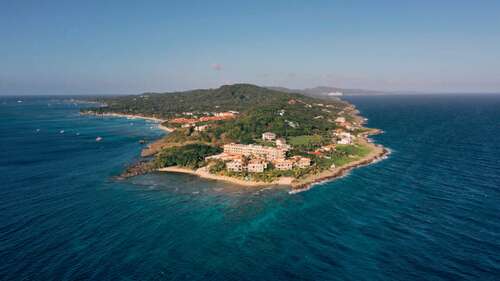
Honduras Próspera, an organization based in Delaware, is suing the Honduran government for $11 billion. That’s about two-thirds of the country’s budget, or around a third of its annual GDP. What’s happening, and why are American “philanthropists” allowed to bring a governing body to court?
After the 2009 military coup in Honduras, a Special Economic Zone (SEZ) was developed on the island of Roatan. SEZs are business-friendly and beholden to private, external economic interests. They incentivize foreign business, apply low taxes and embody policies straight out of the free-market playbook, with “functional and administrative autonomy” from the federal government.
Most governments seeking self-determination are unlikely to want one of these self-governing tax havens on their land—especially a leftist one such as Honduras now has, 15 years after the coup and the restoration of civilian government. Xiomara Castro, the progressive president of Honduras and congress, have attempted to eradicate this SEZ and met with extreme opposition. And this opposition had legal precedent, because of Investor-State Dispute Settlements, or ISDS, built into the framework of the SEZs and are extremely difficult to fight against as a result.
Jacobin reports in detail: Billionaires Are Suing the Honduran Government for Blocking Their Profit-Making Scheme.

